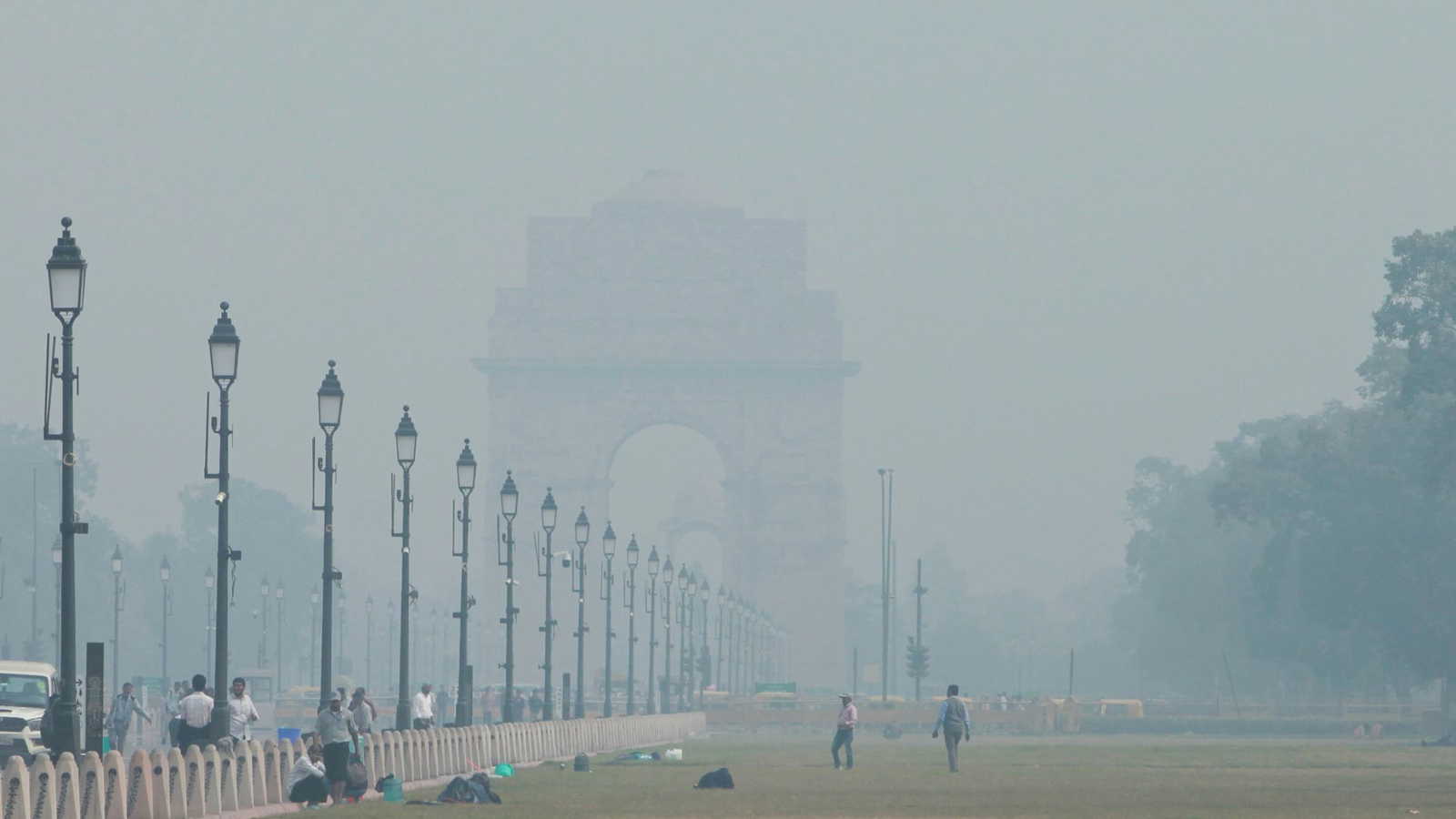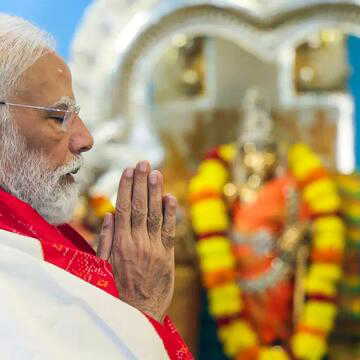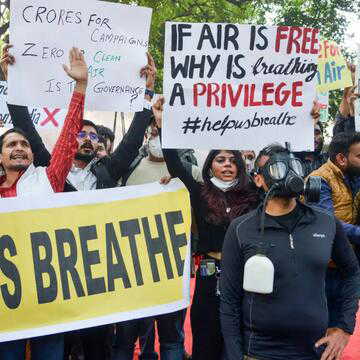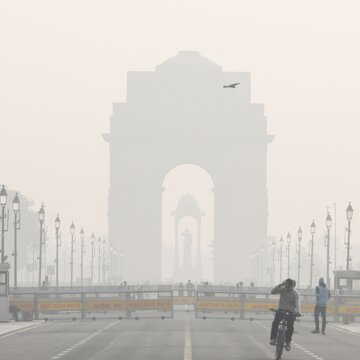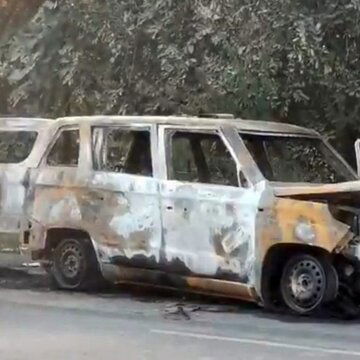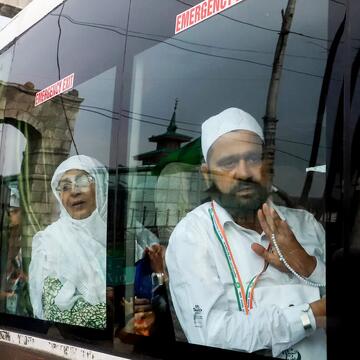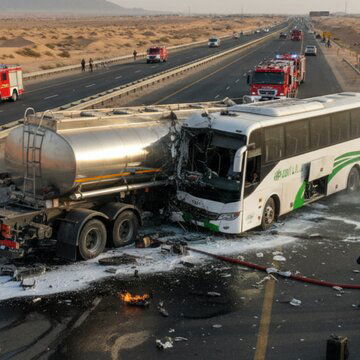On Thursday morning, a thick layer of haze covered Delhi as the city's overall Air Quality Index again slipped into the 'severe' category, touching 400. According to data from the Central Pollution Control Board (CPCB), the AQI stood at 399 at 8:00 AM. This marks the sixth consecutive day of air quality hovering dangerously near the severe threshold.
Hotspots with hazardous pollution levels
While most parts of the city remained shrouded in smog, several monitoring stations recorded readings much beyond 400. According to data from the Sameer app, conditions were extremely poor in several pockets:
Also Read | ‘Let Us Breathe’: Delhi hits streets with masks, oxygen cylinders to protest choking air
Wazirpur: 477
Anand Vihar: 427
RK Puram: 424
Punjabi Bagh: 441
Mundka: 441
Jahangirpuri: 453
Burari Crossing: 410
Bawana: 443
Lodhi Road recorded the lowest AQI among 39 stations at 269, still falling under the ‘poor’ category. Under CPCB's classification, AQI between 301–400 is tagged as ‘very poor’, while 401–500 is considered ‘severe’.
MCD intensifies dust-control measures
As per a report by the Mint, the Municipal Corporation of Delhi (MCD), in view of deteriorating air quality, took stock of ongoing dust-control measures at a meeting chaired by the head of the Standing Committee, Satya Sharma. Zonal deputy commissioners were directed to ensure that mechanical road sweepers operate across all shifts, and daily reports on their functioning are submitted.
Breakdowns are to be repaired within 72 hours. The panel instructed officials to remove loose soil, construction waste and accumulated roadside dust within 24 hours to reduce resuspension.
Also Read | ‘Bacche saans nahi lete kya?’: Delhiites stage massive clean air protest at India Gate, dozens detained
Campaign for public involvement
Delhi Environment Minister Manjinder Singh Sirsa called for deeper participation by citizens through volunteer networks and on platforms like Sameer and Green Delhi apps, saying that the clean air future “depends on partnership between the government, institutions and residents.” He said wider public participation, combined with AI monitoring tools, hotspot mapping, traffic management inputs, and stricter checks on industrial and vehicular emissions, would all be crucial elements for shaping air quality interventions.
Forecast: No major relief ahead
Delhi's air is likely to remain in the 'very poor' to 'severe' bracket for at least the next six days, according to the prediction by the Air Quality Early Warning System of the Ministry of Earth Sciences. The estimated contribution of vehicular emissions was 18% and stubble burning 3.8% to pollution on Wednesday, as per IITM Pune's Decision Support System. These shares are projected at 16.1% and 2% respectively, for Thursday.


